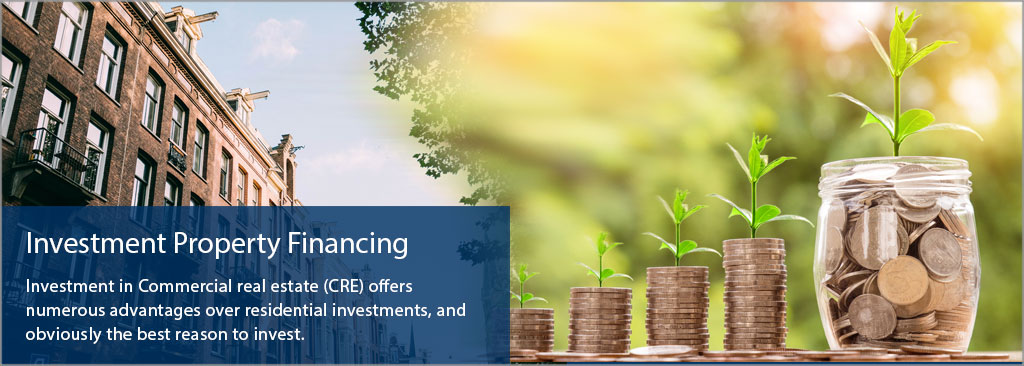
Understanding Commercial Real Estate Financing
Commercial real estate (CRE) represents property utilized exclusively for business purposes, encompassing everything from office buildings and retail centers to mixed-use spaces. Financing for such properties, known as commercial real estate loans or commercial mortgages, enables businesses to acquire or refurbish properties through borrowed funds.
Why Invest in Commercial Real Estate?
Investing in CRE comes with several advantages over residential real estate, primarily due to its potential for higher returns. Commercial properties can offer a robust passive income stream and tend to respond directly to economic changes, impacting rental demand, construction rates, and property values. Consequently, the value of commercial spaces often surpasses that of residential properties, driven by their earning capacity and market demand.
Key Benefits of Commercial Property Investment:
- Higher Earning Potential: Commercial real estate typically offers more lucrative return opportunities than residential real estate.
- Professional Relationships: Tenants in commercial properties are businesses, leading to professional and possibly more reliable leasing arrangements.
- Extended Lease Terms: Commercial leases often run longer than residential leases, providing more stable income over time.
- Triple Net Leases: This lease structure can reduce the owner's financial responsibilities for property expenses, as tenants cover taxes, insurance, and maintenance costs.
Loan Options for Commercial Real Estate:
A variety of lenders offer different financing solutions for commercial properties, each with specific eligibility requirements. Options include:
- SBA 7(a) Loans: General-purpose loans backed by the Small Business Administration
- CDC/SBA 504 Loans: Loans specifically for purchasing assets like real estate or machinery
- Traditional Commercial Mortgages: Loans from banks or credit unions.
- Bridge Loans: Short-term financing options for transitional periods.
- Hard Money Loans: Loans based on property value rather than borrower creditworthiness.
Loan Details to Consider:
- Interest Rates: Rates for commercial loans vary, typically ranging from 5% to 15%, and fluctuate based on market conditions.
- Terms: The length of a commercial loan can vary, with terms usually between 5 and 25 years, depending on the loan type.
- Down Payment: Required down payments can vary widely, from 10% to 50% or more, influenced by the loan type and lender risk assessment.
Whether you're considering multifamily, office, or industrial properties, our experts are ready to guide you through the financing landscape. Contact us for a free consultation and unlock the potential of commercial real estate investments today!









